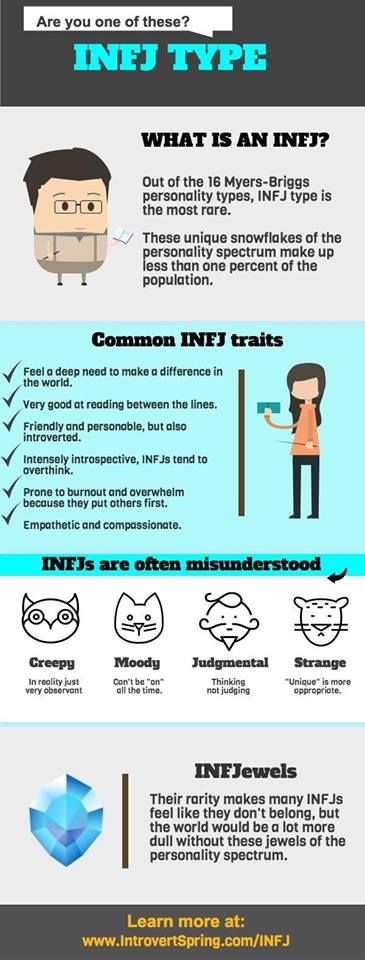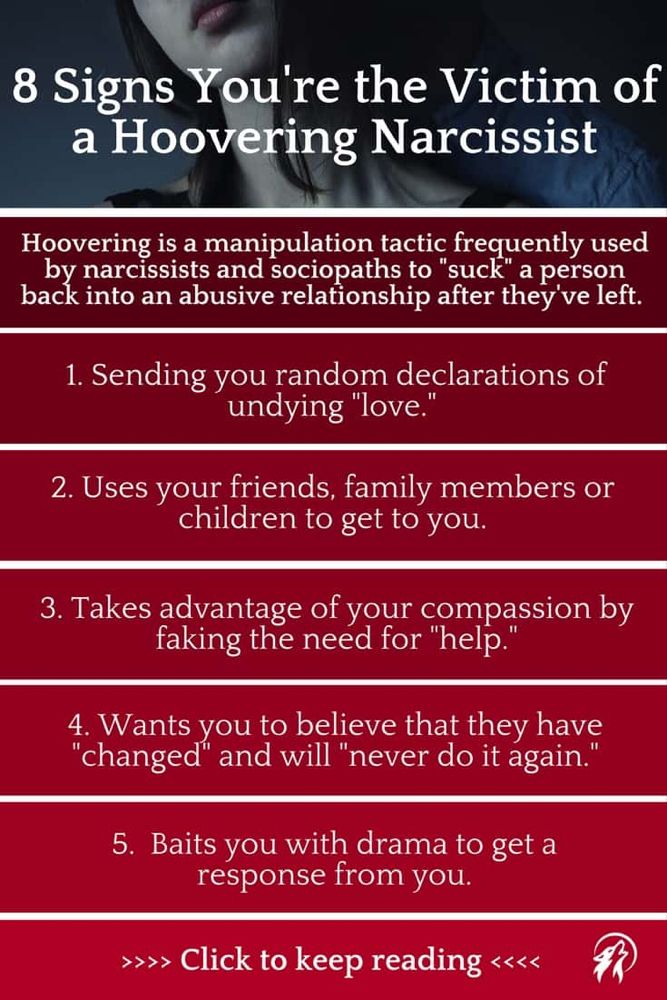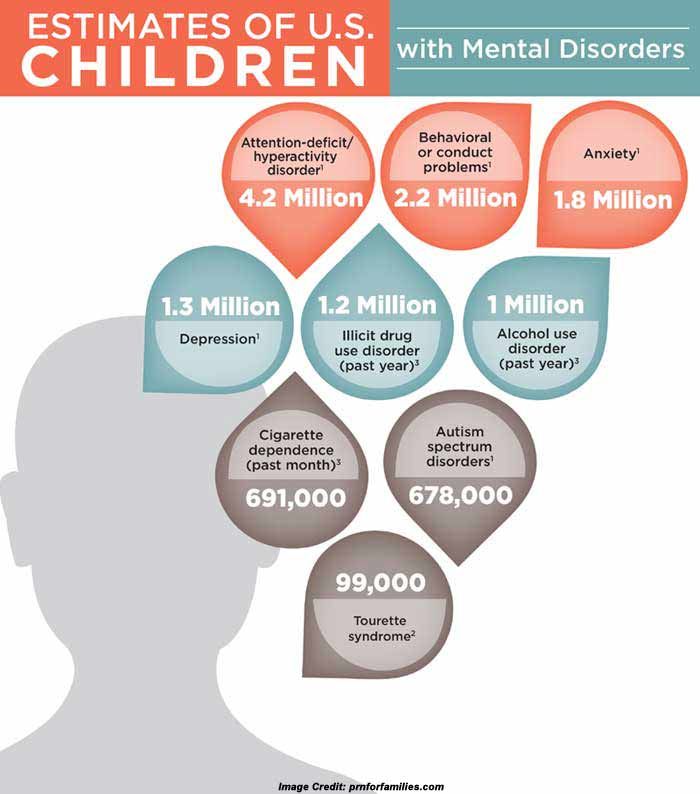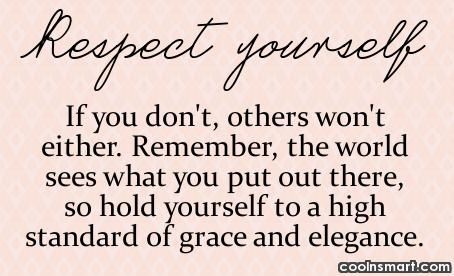Introverts are misunderstood
There's Nothing Wrong With You
Speak up. Be more assertive. Don’t take things so seriously. Get over your shyness. Come out of your shell.
Do any of these comments sound familiar? If so, you may be an introvert. Many introverts have painful memories of being told to change who they are and to act more like their extroverted peers. Such messages may start when introverts are young and continue into adulthood, infiltrating cubicles, offices, and meeting rooms across America.
The Extrovert Expectation
“There’s a strong extrovert expectation in most work environments that leads the typical introvert to believe that there’s not room for a more reflective, deliberate style,” said Beth Buelow, an introvert coach and author of Insight: Reflections on the Gifts of Being an Introvert.
“The introverts I’ve worked with in corporate environments are consistently told they need to speak up more, be more visible, and be more assertive when it comes to sales and self-promotion. ”
After years of being told that they need to change, many introverts come to believe that there is something wrong with them. They wonder why they clam up at meetings, dislike small talk, and would rather have a root canal than be forced to give a speech. After all, extroverts appear to thrive on the same things that introverts secretly dread.
"Since I was a child, I have watched folks effortlessly engage in the social pleasantries,” said Patrick Riccards, director of The Woodrow Wilson National Fellowship Foundation. "I've seen people who just love going to cocktail parties or dinners, so they can meet new people or discuss new ideas. To me, such experiences are tortuous.”
The Power of Self-Acceptance
Whether they’re young professionals or seasoned executives, many introverts internalize the idea that they are flawed. They carry this burden with them and believe that their introversion is a defect, an embarrassing secret, or an obstacle to be overcome.
Introverts often wish they could change themselves. But there is tremendous power in self-acceptance. Once introverts stop struggling against their essential nature, they often report feeling liberated and more aware of how to maximize their natural gifts.
But there is tremendous power in self-acceptance. Once introverts stop struggling against their essential nature, they often report feeling liberated and more aware of how to maximize their natural gifts.
The first step to feeling comfortable in your own skin? Quieting your inner critic and kicking your belief that something is wrong with you. While this topic could fill an entire book, here are the top three reasons why there is nothing wrong with introverts.
1. Introverts don’t fit their negative stereotype.
Introverts are commonly misunderstood. By nature, they do not hate people. They do not sit all day in their basements, cursing the world and shunning daylight. Introverts launch startups, create brilliant works of art, and sit at the helm of major corporations and nonprofits.
Although introverts are a diverse bunch, they tend to share certain traits. Introverts enjoy solitude and like to work alone or in small groups. They think before they speak, tend to be reserved with their emotions, and prefer deep conversations over small talk.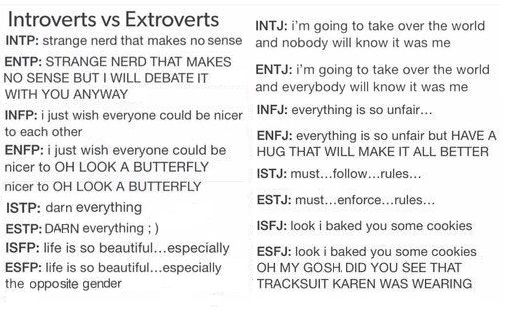 They often value privacy and don't openly share information about themselves.
They often value privacy and don't openly share information about themselves.
Introverts are quirky. But they aren't disheveled loners or anti-social misfits. Introverts cherish quiet time, but they also enjoy socializing in small groups with people they know and trust. They can talk at length about subjects they're passionate about. And although introverts don't seek the spotlight, they can make innovative entrepreneurs and thoughtful leaders.
2. Introverts are not anomalies.
Many introverts feel alone, as if they are the only ones who do not "fit in” with the extroverted crowd. But studies show that 1/3 to 1/2 of the American population are introverts. If this figure seems high, it’s likely because so many introverts pass themselves off as extroverts. In reality, fellow introverts and kindred spirits are everywhere (maybe even in the office next door).
While researching introversion, I received over fifty letters from introverts across the country. I heard from senior leaders, passionate entrepreneurs, and young professionals. I was touched by their stories and struck by the common themes running through them.
I was touched by their stories and struck by the common themes running through them.
For example, several introverts revealed that they find small talk to be terrifying. One senior executive said that he hides in the men’s room, or pretends to be fiddling with his phone to avoid conversations. He also feels physically ill before presentations.
The bottom line — introverts are not alone. Countless others also struggle with the same fears and anxieties in the workplace. Keep in mind that these struggles do not make you inadequate; they make you human.
3. Introverts can be wildly successful.
Many introverts worry that they'll be held back by their quiet personalities. But by effectively harnessing their strengths, introverts can achieve great things. Albert Einstein, Rosa Parks, Mahatma Gandhi, J.K. Rowling, and Audrey Hepburn are examples of introverts who have made history.
Introverts possess a bounty of natural gifts. They’re keen observers, gifted writers, and social media whizzes.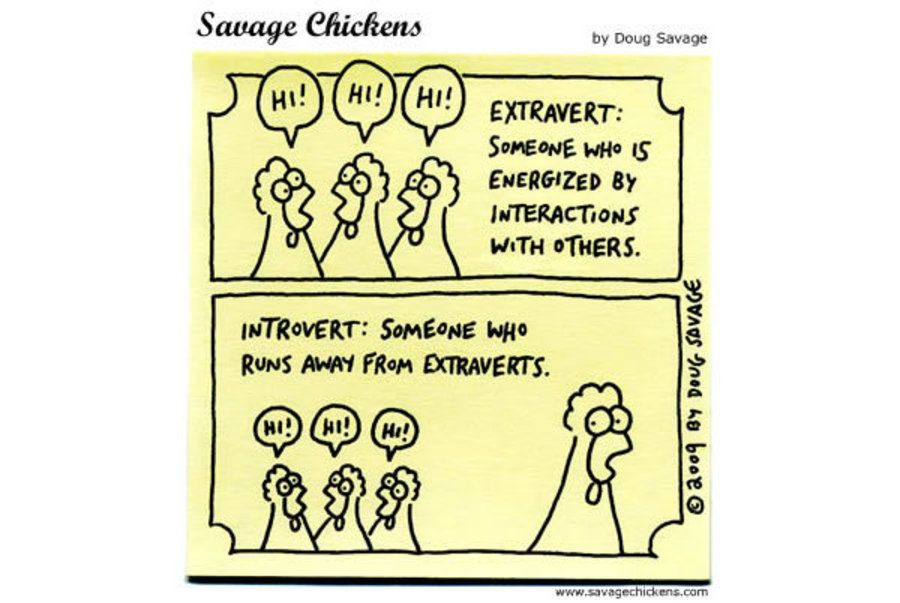 They contribute thoughtful comments and ask insightful questions, pausing to listen to the answers. They remember details, prepare well for meetings, and can happily work in solitude.
They contribute thoughtful comments and ask insightful questions, pausing to listen to the answers. They remember details, prepare well for meetings, and can happily work in solitude.
By clearly understanding themselves, introverts often find that they’re able to work with (rather than against) their personalities. For example, if you get exhausted from constantly interacting with people, consider scheduling quiet “recovery breaks” throughout the day or after a big event. If you’re nervous about networking, prepare a mental list of conversation points and questions to ask. If you hate face-to-face marketing, establish a strong social media presence.
Above all, self-acceptance can help introverts feel at peace with themselves and interact confidently with others. By rejecting the notion that introversion is a character flaw, a liability, or a shameful secret, introverts can honor their true natures and find sustainable ways to succeed at work.
Carl Jung, the Swiss psychiatrist who developed bedrock theories about introversion, put it well when he said, “The privilege of a lifetime is to become who you truly are. "
"
7 Annoying Ways People Misunderstand Introverts
Introverts are unassuming observers who understand deeply, but rarely feel understood. This is annoying, to say the least. It sucks to feel like the puzzle no one will ever solve. Most people don’t even bother trying. But there is hope.
Over the past few years, there’s been an introvert revolution. More and more people have heard about the true definition of an introvert — someone who gains energy from being in solitude and loses energy in stimulating environments.
With greater understanding comes greater acceptance. Finally, people are starting to see that introversion is not an affliction that needs to be cured or fixed. Introverts are awesome just the way we are. But not everyone gets it yet.
There are still some lost souls out there who misunderstand introverts in the most annoying ways. Hopefully, this blog post will help set the record straight.
1. They misinterpret our quietnessEvery introvert has heard the question, “why are you so quiet?’ more times than we can count.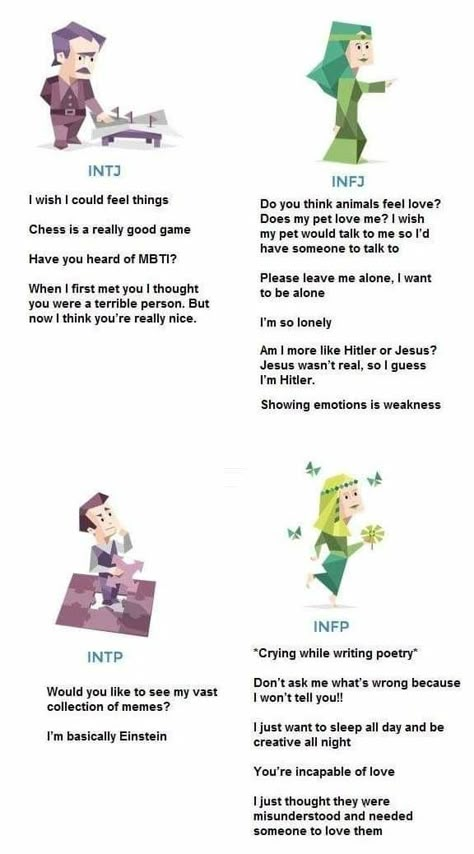 And it gets more annoying every time we hear it! Most of the time, people misinterpret our quietness. They think we’re angry, depressed, or just plain snobby. But it’s usually none of the above.
And it gets more annoying every time we hear it! Most of the time, people misinterpret our quietness. They think we’re angry, depressed, or just plain snobby. But it’s usually none of the above.
An introvert’s brain processes more information at a time than an extrovert’s. Going quiet and retreating into our imagination gives our brain the chance to rest and reset. We also don’t like talking if we don’t have anything meaningful to say. Introverts hate small talk, so we’d rather stay quiet than pollute the airspace with superficial chatter.
2. They underestimate our intelligenceUnfortunately, in today’s extrovert-biased society, people confuse outspokenness with confidence and intelligence. But he who speaks the loudest is not necessarily the smartest. Introverts may not say much, but we have a universe of creative ideas inside our head. While our extroverted coworkers shout out the first thoughts that come to their head, we tend to take our time and only share fully formed ideas
3.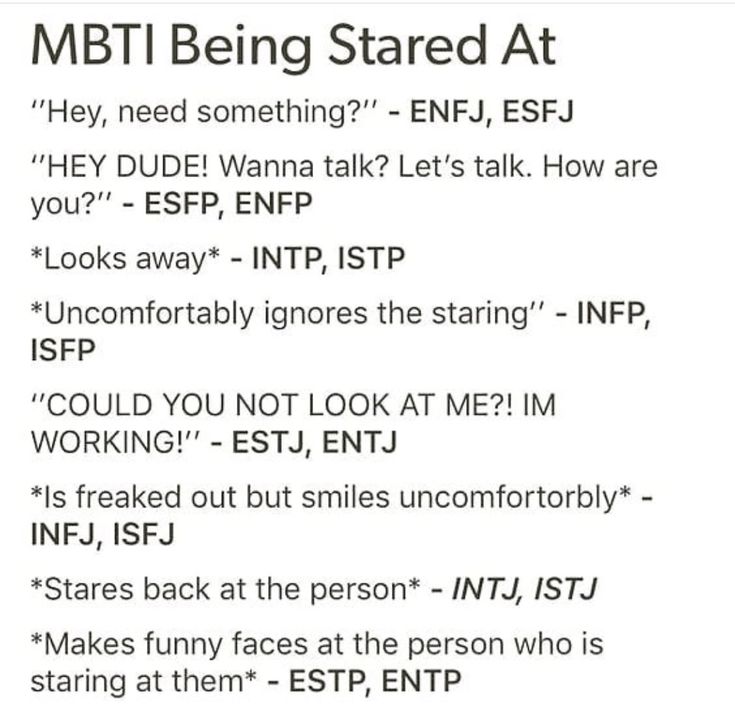 They think we need them to speak for us
They think we need them to speak for usHey, I’ll be the first to admit that sometimes it can be great to have a talkative extrovert on your side. They can keep conversations afloat when an introvert’s energy levels start sinking. But sometimes they take it too far.
They misinterpret our word economy as an invitation to speak over and above us. They might also speak for us in group conversations, assuming we can’t speak up for ourselves. This can make introverts feel belittled. Trust that we can speak for ourselves if we want to.
4. They think our silence is an invitationConversations get tiring for introverts. Even listening can be exhausting, especially if our conversation partner speaks quickly and doesn’t pause. After a while, we may want to slow down, and enjoy a few moments of silence. Unfortunately, people see our lack of response as an invitation to keep talking…and talking…and talking. Please. Just stop.
5.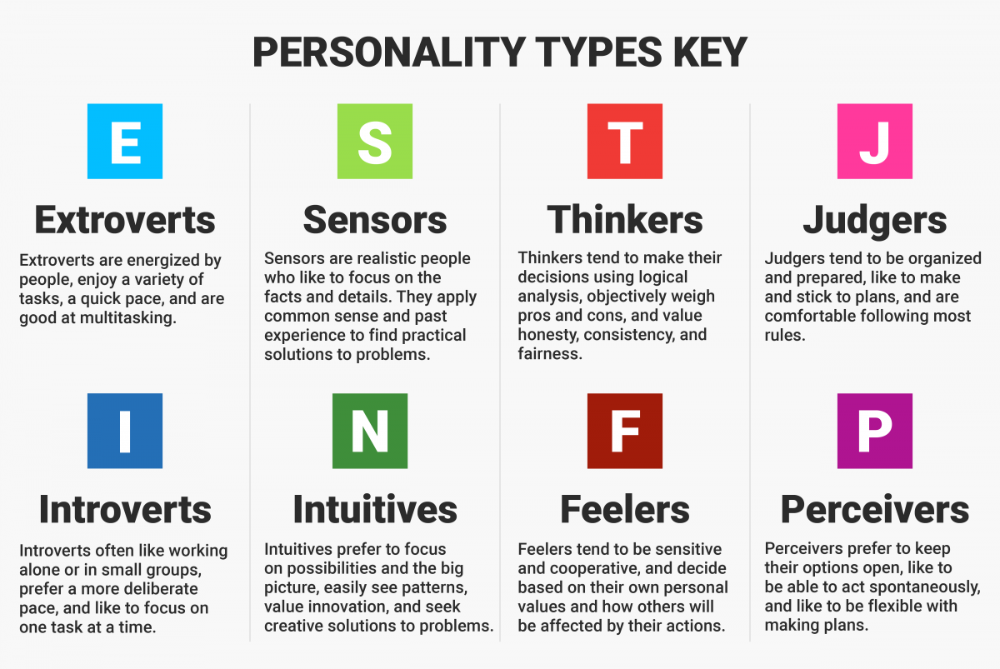 They assume we’re shy
They assume we’re shyIntroversion and shyness are not the same thing. Both introverts and extroverts can be shy because shyness has to do with a fear of social interactions. Introversion, on the other hand, has more to do with where you get your energy.
6. They think we have no backboneJust because introverts are calm and soft spoken, doesn’t make us pushovers. Introverts can be confident and assertive, sometimes surprisingly so. Don’t misinterpret our gentle nature as a sign of weakness. Introverts can be as bold and courageous as any extrovert.
7. They misread our facial expressionsLet’s face it, most introverts have a resting b*tch face. People think our pinched expression is a sign that we are silently judging them. Or that we are mad at them. Or just plain grumpy. Nope. We’re just quietly planning your demise. ?
Just kidding, an introvert’s resting b*tch face is just our default expression when we are daydreaming.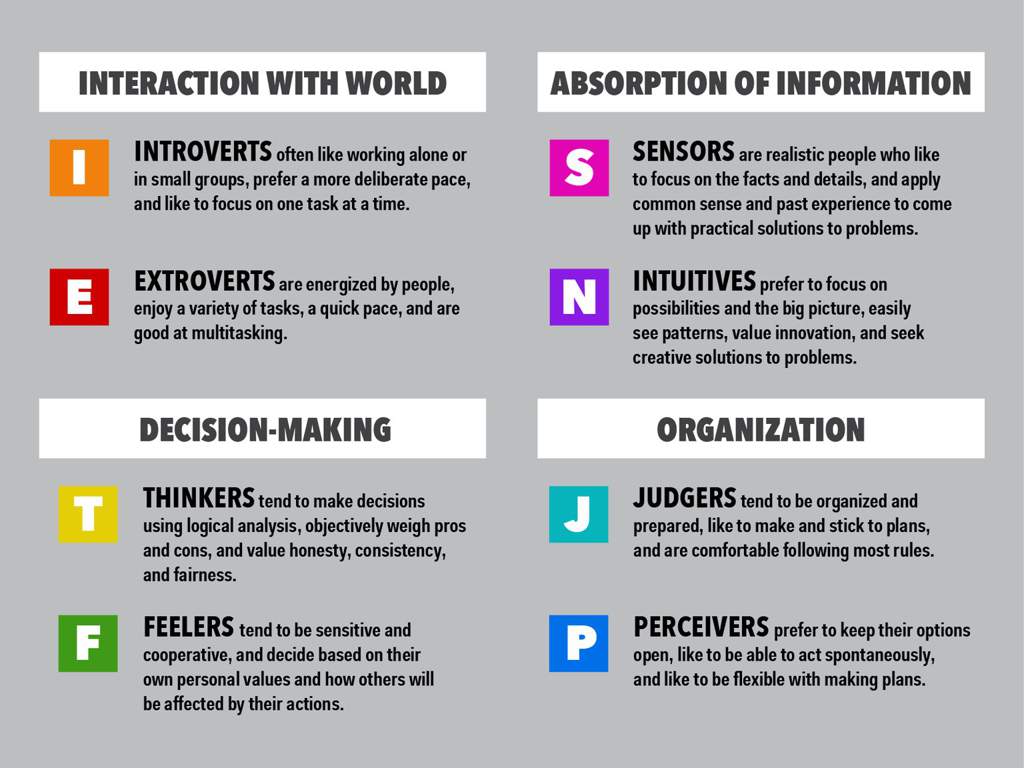
For more introvert wisdom, be sure to subscribe to my mailing list. You’ll get introvert articles and resources I never share on the blog. You’ll also get a 50-page Introvert Connection Guide for free.
I’d love to hear your thoughts on what I shared today. Feel free to comment below. 🙂
Xo,
P.S. If you’re new to the blog, allow me to introduce myself. I’m Michaela Chung, author of The Irresistible Introvert and creator of this amazing innie community we have here. For several years, I’ve been building up a labyrinth of introvert resources that will take you on a magical journey toward more confidence, connection, and self-love. Start the journey here.
Is it possible to achieve success and recognition if you are an introvert? / AdMe
Despite the hyper-tolerant modernity, there is a firmly rooted bias towards introverts in our society. Often they are associated with people who are shuddering from a call from an unfamiliar number or an offer to make a toast at a party, and are contrasted with the real kings of society - extroverts who light up 24/7 at parties, office presentations and on the love front.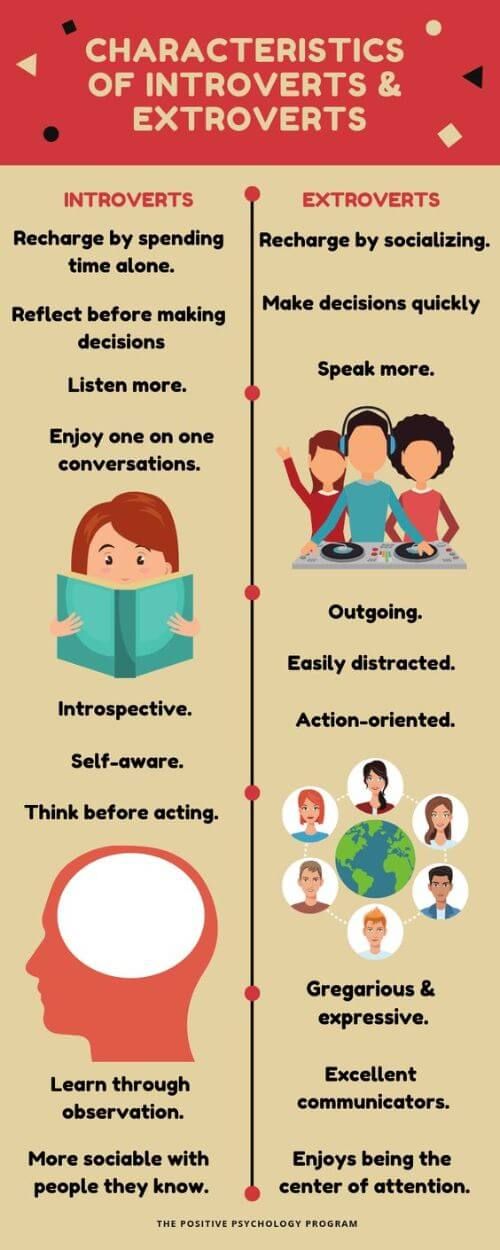 The question involuntarily arises: can an introvert even succeed in a world run by extroverts?
The question involuntarily arises: can an introvert even succeed in a world run by extroverts?
Psycholinguists from the University of Michigan (USA) made us think about this injustice in . conclusion: “More extraverted people are more likely to ignore mistakes, and introverted people are more likely to judge the author of the text negatively. Because less endearing people are more sensitive to grammar.” "Less likable people" is a stone not only in the Grammar Nazi garden, but also on the territory of introversion. Let's figure out where this stereotype comes from.
© Anna_Isaeva / gettyimages
Most people are fundamentally wrong about introversion.
Extroverts draw energy from the outside - from communication and new experiences, while introverts take energy from within. At the same time, there are practically no pure representatives of one species or another. Most people can be attributed rather to ambiverts - as you understand, this is the middle type.
But nowadays, this originally Jungian classification of personality has been exaggerated to extremes, which has given rise to many fundamentally wrong myths:
- Introversion is the fear of strangers or even social phobia . No, it's just an unwillingness to communicate unnecessarily.
- Introversion = shyness. Shyness is the fear of social condemnation. Introverts are not afraid of this, they are just more comfortable with themselves.
- Introverts lack social skills. If you touch on a topic that is really interesting to him, an introvert can turn into an incessant speaker.
An introvert is a mysterious person with a rich inner world, and an extrovert is a superficial balabol. No, the spiritual fulfillment of a person depends only on himself, and not on the type of his individuality. So the current fashion of "pretend to be an introvert to appear a 'conceptual' person" is rather dubious.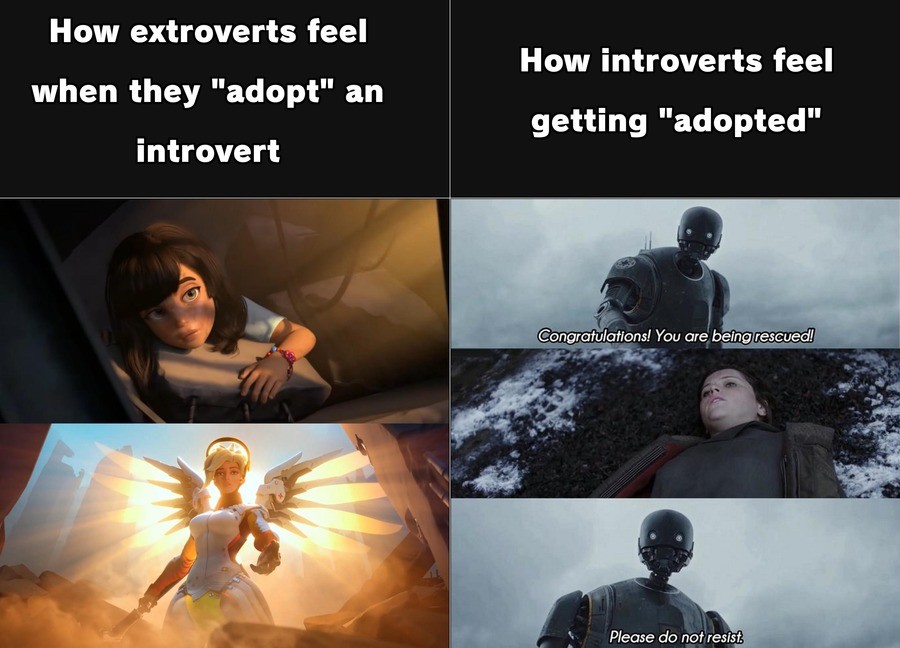
Extraversion immediately determines the degree of success. In fact, the relationship between eloquence and the value of ideas is often zero.
© JIMEDLEX / gettyimages
Modern culture is designed mainly for extroverts
- For example, people a priori see extroverts in all dominant positions.
- The most important public institutions are designed for the convenience of extroverts: in enterprises, teamwork is valued, offices are transformed into open spaces, and teachers consider active, enterprising students to be ideal.
- In the field of love, the situation is the same: a conventional girl is more likely to give preference to a liberated joker than a closed guy, and will not even think that this may be the main mistake of her life.
- The most popular courses, books and requests on the Internet are something like this: "How to develop charisma", "How to win over a company", "How an introvert finds his love.
 " Introverts constantly have to learn something, adapt. Note that extroverts do not have such problems.
" Introverts constantly have to learn something, adapt. Note that extroverts do not have such problems.
But if we slightly change this social model, creating comfortable conditions for more closed people, this would help them to maximize their talents and finally become equal members of society. In the meantime, it is worth recognizing that a very tolerant, but still some kind of "introverto-shaming" reigns in the world.
How introverts influence the world
© depositphotos 1, © depositphotos 2, © depositphotos 3, © depositphotos 4
But research by Adam Grant from the Wharton School of Business (USA) proves otherwise: According to statistics, the best leaders come from introverts. And all thanks to the fact that they listen more to their subordinates and give them the opportunity to implement their projects, while an extrovert leader is more often delighted with his own ideas.
And in general, without introverts, the world would be different: imagine what it would be like without Newton, Darwin and Tesla? Without Zuckerberg, Gates and Larry Page? Most likely, these people were able to develop their intellect to such a level precisely due to the blocking of energy from the outside.
In the field of art, introverts are more likely to prevail. It is hard to create something ingenious, splashing energy around - creativity needs inner harmony. But there is a caveat here: often creative introversion becomes synonymous with loneliness and melancholy. Remember Byron, Lermontov, Kafka, Edgar Poe - and these are examples only from the world of literature. We would venture to suggest that the closeness and the outstanding power of fantasy lead to an enhanced effect of "no one understands me." Perhaps that is why there are so few geniuses.
Should an introvert try to "evolve" into an extrovert?
© Planet Flem / gettyimages
introverts are beautiful in their own right. However, for years I did not trust my intuition and, imagine, even became a lawyer on Wall Street, although all my life I dreamed of becoming a writer, partly because I wanted to prove to myself that I, too, could be bold and assertive. I went to noisy bars, although I would have preferred to just have a quiet dinner with friends.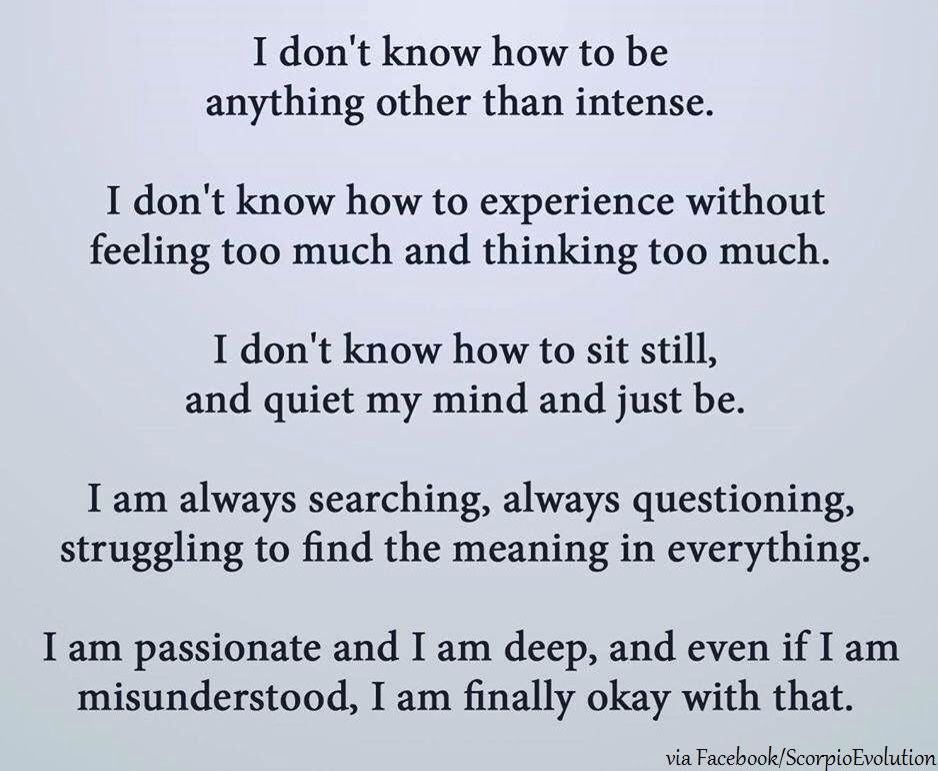 I broke myself so automatically that I didn’t even notice it.”
I broke myself so automatically that I didn’t even notice it.”
Susan Kane, writer
Susan Kane ended up becoming a writer after all. The main conclusion reached by the exemplary introvert in her face is that trying to remake yourself is a big loss . A loss not only for oneself, but also for society, because the world needs introverts. The world needs good leaders, it needs scientists, programmers, poets and philosophers. Introverts should do what they do best - that's when they will achieve success and recognition.
And an introvert, in turn, needs self-acceptance and freedom from social prejudices. Pretending to be a hyperactive person when you are not will look stupid. People are repelled by falsehood, and introverts are beautiful in their own right.
Books that will help you find yourself
© Anna_Isaeva / gettyimages
- Susan Kane, "Introverts - how to use your character traits."
- Marty Olsen Laney, "Invincible Introvert".

- Jennifer Kahnweiler, Introvert Leader. How to succeed in a society dominated by extroverts.
- Marty Laney, Introvert Advantage.
- Sylvia Lequin, “The power of introverts. How to use your oddities for the good of the cause.
- Devora Zach, Networking for Introverts.
And finally, I would like to say that the article is not intended to deify introverts, just from time to time I want to push back the emotional monopoly of everyone's favorite and, without irony, beautiful extroverts. Do you agree with us?
Preview photo Anna_Isaeva / gettyimages
Memories of introverts who changed the world / Sudo Null IT News The division of all people into introverts and extroverts has a long history, it was introduced by Carl Gustav Jung at the beginning of the 20th century. An introvert is a person who does not like publicity. He is immersed in his inner world and seeks to minimize various social interactions.
Introverts like to work alone and think long and hard about problems.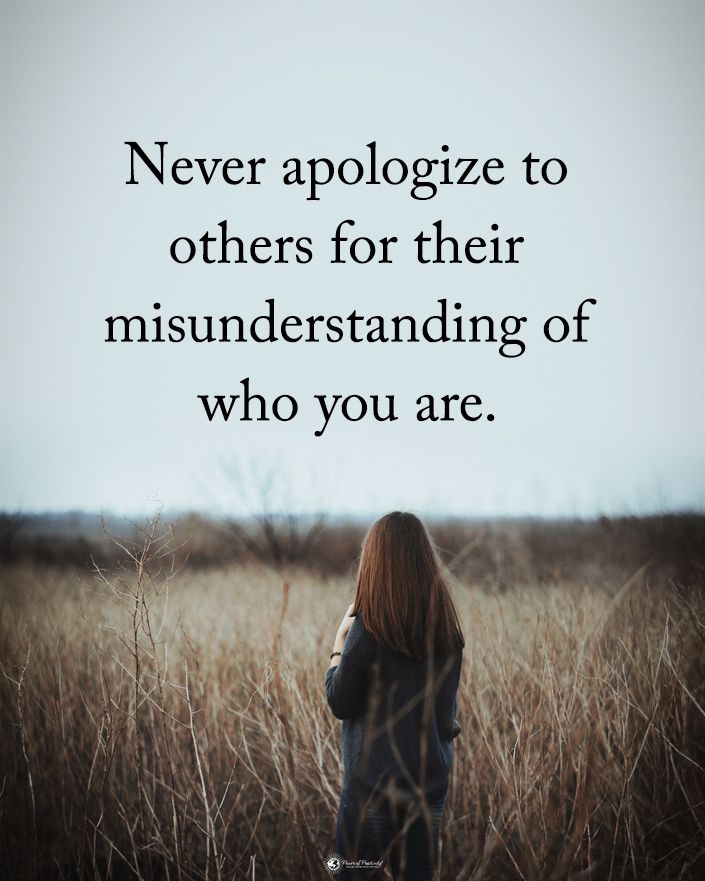 They are more observers than active participants in the process. But it is introverts who move the world around us. After long reflections, when extroverts have already forgotten about the task, the introvert often offers a solution that leads to a small revolution, the emergence of new ideas and devices, a paradigm shift. Importantly, introverts are usually extremely punctual and responsible people.
They are more observers than active participants in the process. But it is introverts who move the world around us. After long reflections, when extroverts have already forgotten about the task, the introvert often offers a solution that leads to a small revolution, the emergence of new ideas and devices, a paradigm shift. Importantly, introverts are usually extremely punctual and responsible people.
I recently read two wonderful books - autobiographies of our contemporaries. The heroes of these books have always tried to avoid excessive attention and publicity, but at the same time they have had a global impact on our lives today. They just wanted to do what they love, they did not at all strive for fame or fame - typical features of convinced introverts. And they definitely did not plan to radically change the world of IT technologies. Everything turned out as if by itself, thanks to their great diligence, luck and, of course, high intelligence.
I will tell you about the childhood and youth of these two outstanding people, but until the very end of the article I will not reveal their names and the titles of these two books.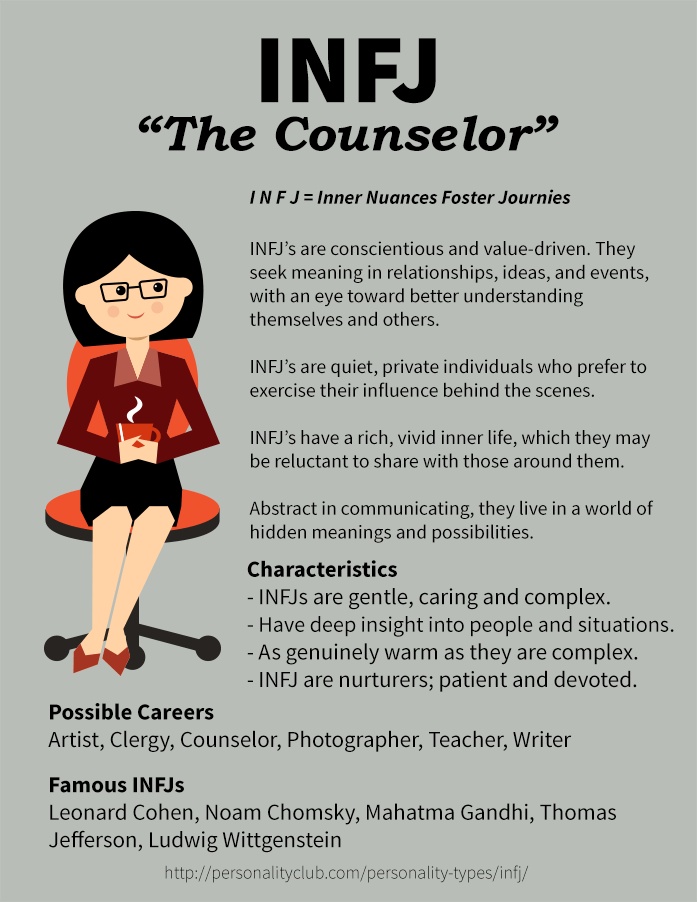 Also, I will try to avoid obvious clues that will allow you to immediately understand who it is. Let's try to imagine them as ordinary young people who are passionate about computers and programming. I wonder how quickly you guess who these mysterious heroes of ours are?
Also, I will try to avoid obvious clues that will allow you to immediately understand who it is. Let's try to imagine them as ordinary young people who are passionate about computers and programming. I wonder how quickly you guess who these mysterious heroes of ours are?
Introvert number 1
By his own admission, our first hero, from childhood he was an ugly child, a short man with dull hair and slightly short-sighted eyes. At school, he wore shapeless clothes and didn't pay much attention to his appearance. It is with these facts that the first autobiography begins. A typical portrait of a "botanist". To complete the picture, it should be noted that the hero was the best in the class in mathematics.
In the story of a computer programmer's childhood, one important person usually appears, who introduced him to the very first computer in his life. For our hero, that person was his grandfather, a professor of statistics. The computer was called the Commodore VIC-20 and was one of the first PCs that did not require additional assembly.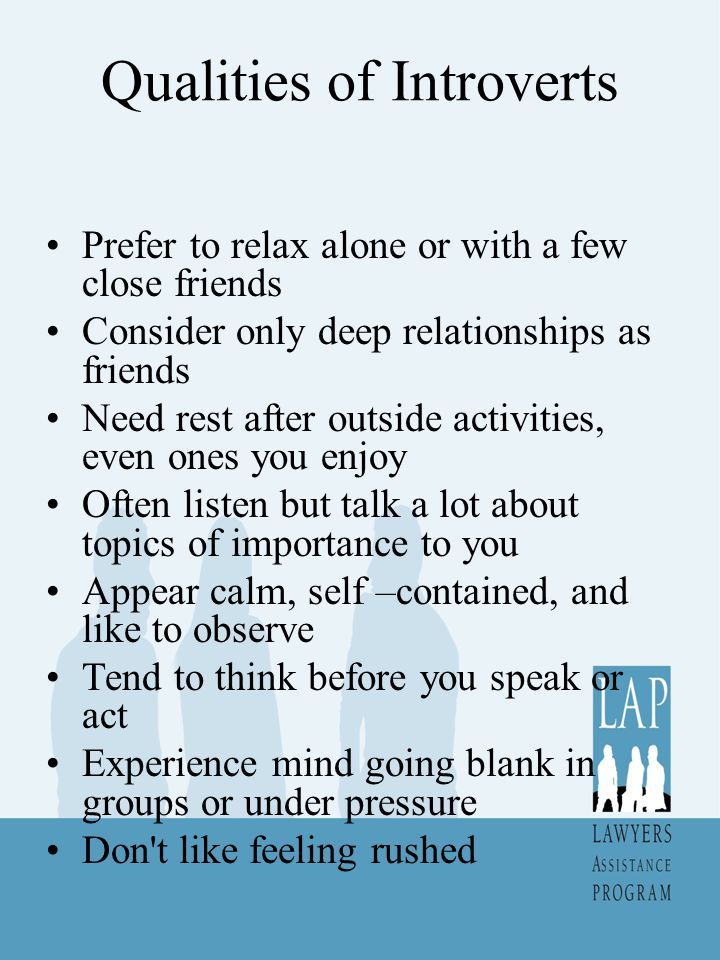 Prior to this, users did not buy a computer, but a DIY kit. It was on the Commodore computer that our first hero began programming in the ubiquitous BASIC.
Prior to this, users did not buy a computer, but a DIY kit. It was on the Commodore computer that our first hero began programming in the ubiquitous BASIC.
Programming is addictive, so all his pocket money began to go to computer magazines. One of these magazines posted a program written not in BASIC, but in machine code. It turned out that instead of programming in slow BASIC, you can directly set commands for the processor. The hero himself describes it this way: “Everything is in your power to the smallest detail. You start to figure out how to do the same thing a little faster and take up less space. The barrier of abstraction disappears between you and the computer.” Apparently, this random program in the magazine (by the way, it worked with Morse code) determined the entire future path of our hero - even at the early age of twelve.
My mother used to tell her journalist friends that I am such an unpretentious child that a closet with a computer, where a pack of pasta is thrown from time to time, is enough for me to be happy.
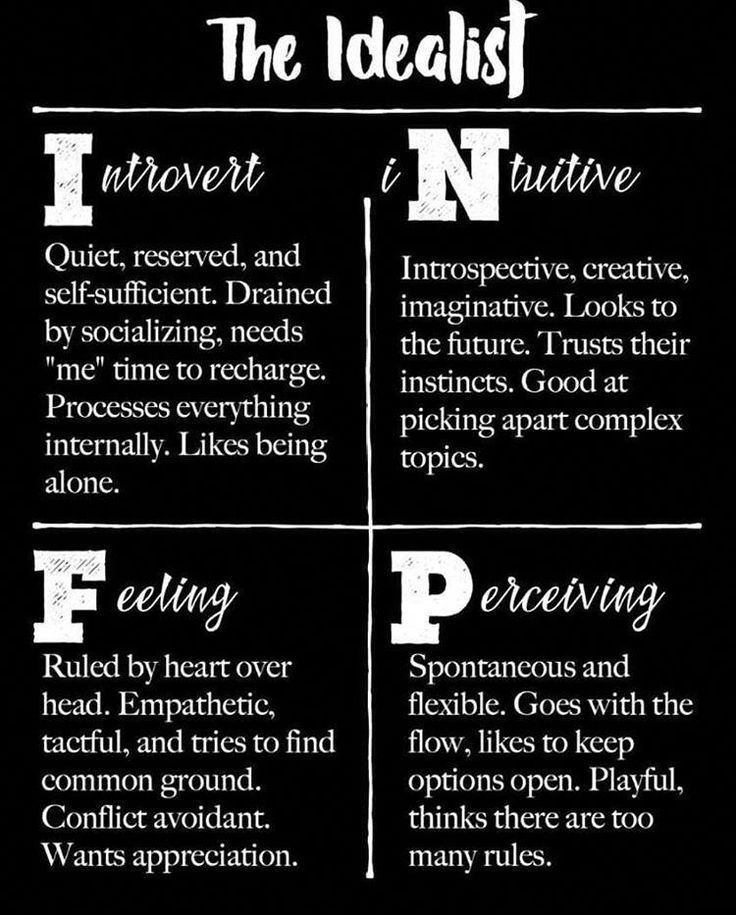
Programming has become our number 1 introvert's main passion, for which he spent hours and days. I will not write here what the main program of his whole life is called, otherwise you will immediately guess who he is talking about. But besides this, his main program, he wrote many more interesting applications. For example, at the very beginning of his career as a programmer, he wrote a game in which you could control a small submarine in the mainsail.
I alternately read Douglas Adams' sci-fi action films, then threw the book on the floor and took up a physics textbook. Then he rolled out of bed and sat down at the computer to write a program for a new game. The kitchen was nearby, and from time to time I wandered there for a cup of coffee or cornflakes.
The Commodore VIC-20 was replaced by the Sinclair QL, which had to be saved up for, because then it cost $2,000. On it, our introvert continued to write programs with increasing complexity: from simple games, he moved, for example, to a compiler and interpreter of the Forth language.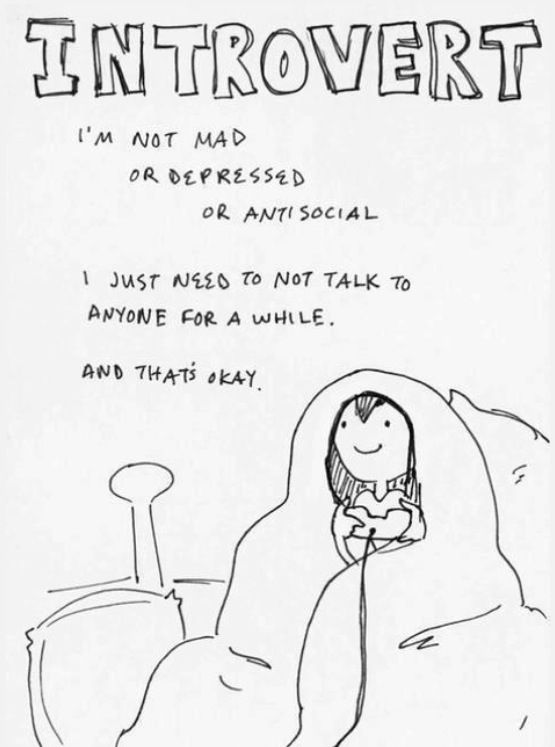
At the university, our hero, of course, chose computers as the main subject, and in addition he enrolled in mathematics and physics. After serving in the army, the first thing he did was get himself a cat named Randi (short for Mithrandir from The Lord of the Rings). He also decided to finally move into the camp of users of the IBM PC. The computer had to be purchased on credit, because it then cost about $ 3,000. It's time for "Prince of Persia" and learning a new OS. And the study was followed by modification, because then the OS were far from perfect.
Now I'll give you the most important clue - it all started with a terminal emulator with task switching. Then there was programming, debugging, then again programming and incredible, unexpected and dizzying success.
In the late 90s, our hero moved from Finland (here's another super-tip!) to Silicon Valley and worked for several years in a corporation that was developing a microprocessor designed to turn the world around.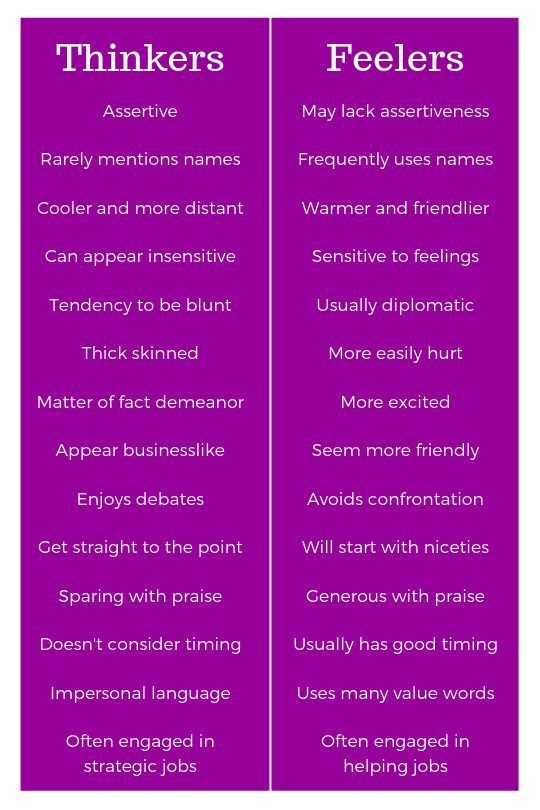 He now lives in Portland with his wife (a karate champion) and three daughters. And he continues to work on the main thing of his life.
He now lives in Portland with his wife (a karate champion) and three daughters. And he continues to work on the main thing of his life.
Here are some more interesting quotes from the book:
-
"When I'm sitting at the computer, I get very annoyed if someone tries to distract me."
-
"I remember the rules, I remember how everything is organized, but I don't remember the details."
-
“When there is no interesting task, and the desire to program disappears. You always need some kind of incentive."
-
“I don't know how to describe my love for programming, but I'll try. If you do this, it seems that there is nothing more interesting in the world. This game is much more exciting than chess, a game in which you can set your own rules and where the end result can be understood in your own way. And from the outside it seems - there is nothing more boring in the world.
-
“You can achieve something with brute force, foolishly grinding a problem until there is nothing left of it.
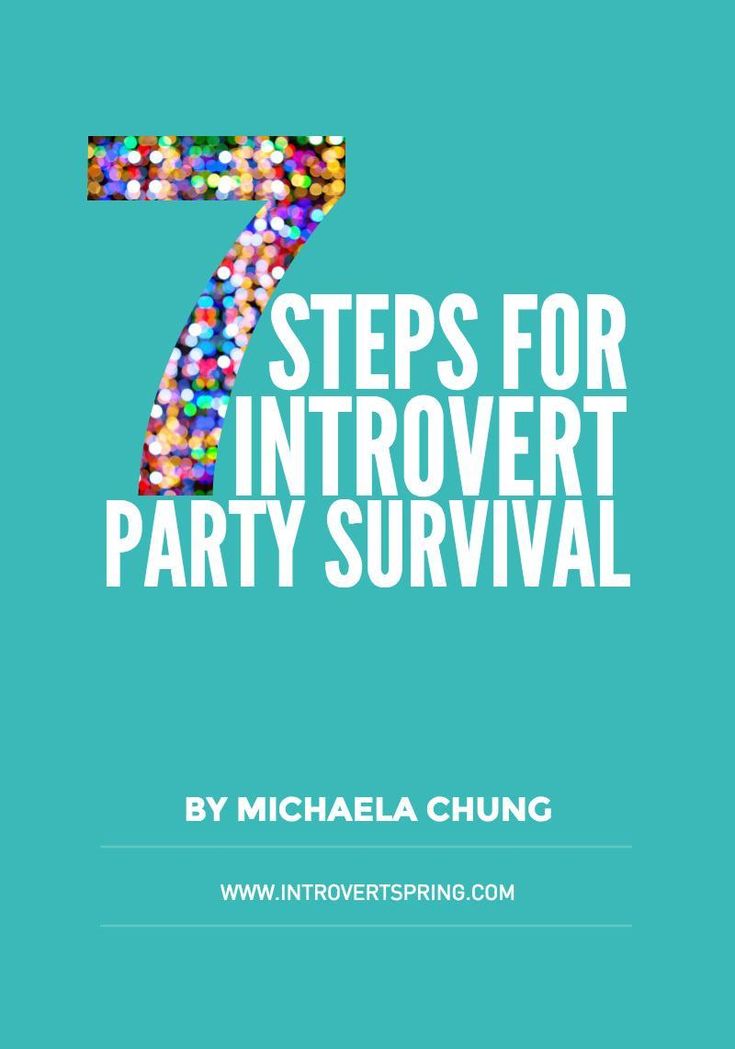 And you can find the right approach, and the problem itself will suddenly disappear. Suddenly you manage to look at it from a new angle, and there comes an epiphany: the problem existed only because you looked at it wrong.
And you can find the right approach, and the problem itself will suddenly disappear. Suddenly you manage to look at it from a new angle, and there comes an epiphany: the problem existed only because you looked at it wrong. -
“I learned pretty quickly that the easiest way to lead is to let people do what they want rather than making them do what you want. In addition, a good leader understands when he is wrong and knows how to back off. It also allows others to make their own decisions.”
Introvert number 2
Our second hero was born in sunny California. His father was a rocket engineer at Lockheed Corporation and a great teacher. It was he who taught his son the main business of his life - electrical engineering. If a child from the age of four begins to get acquainted with the basics of electronics, then he will almost certainly become an outstanding engineer in the future. And so it happened - our hero grew up and designed many useful and unique devices, and one of them became a legend. By his own admission, he was a shy child at school, and his dislike for social interactions and public speaking remained with him throughout his life.
By his own admission, he was a shy child at school, and his dislike for social interactions and public speaking remained with him throughout his life.
By the sixth grade, I had made significant progress in math and science, and many of you already knew it: I took an IQ test and scored over 200 points.
Thanks to his father, he further improved his knowledge of the latest achievements of electrical engineering: he already thoroughly understood the device and the principle of operation of the transistor at a time “when everyone around was engaged only in vacuum tubes”.
Since childhood, our second hero has been developing all sorts of technical ideas with increasing complexity. To list just a few of his school projects:
-
Detector receiver - six years.
-
Intercom connecting six neighborhood boys' houses - eleven years old.
-
Own amateur radio station and amateur radio operator license - sixth class.
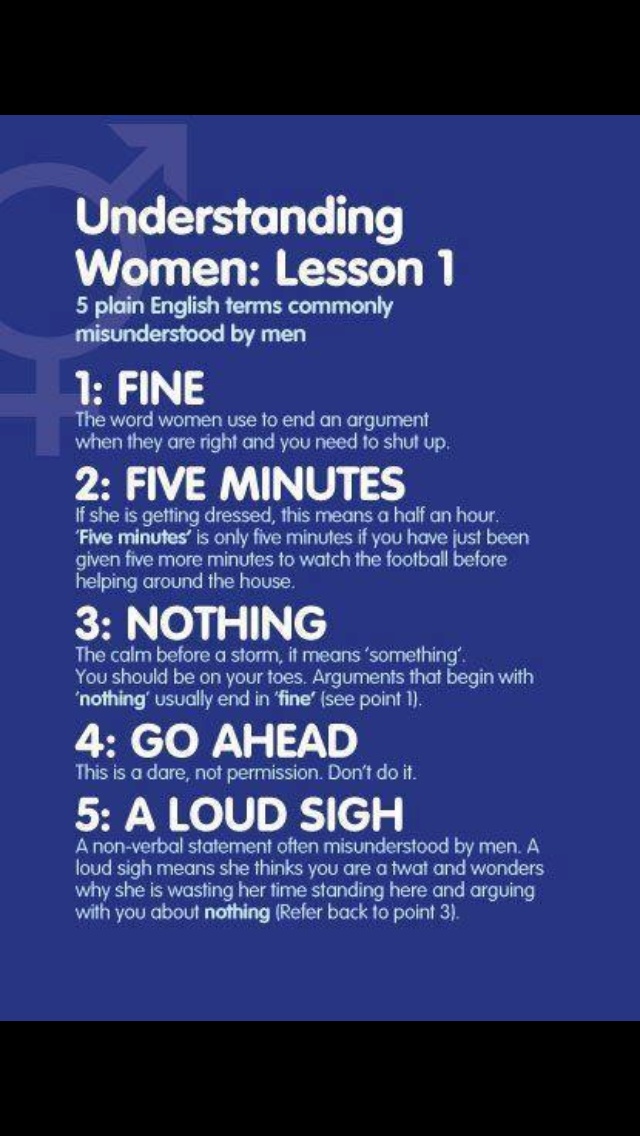
-
Electronic tic-tac-toe machine - worked, but, unfortunately, exploded the night before the school competition.
-
Binary addition or subtraction machine - worked with any number less than 1023.
As for programming, a funny thing happened to our hero. The first real program he tried to write was called "Knight's Move". She moved the knight around the chessboard so that it only hit each of the 64 squares once. The program went through the options for solving the problem and, if it came to a dead end, then returned to one of the previous moves. But he never received a decision. As a result, it turned out that the program worked correctly, only 10 9 were required to solve the problem.0223 25 years is more than the time of existence of the Universe.
Our hero successfully combined electronics with another of his hobbies - practical jokes. For example, as a student, he designed a pocket television silencer, with which he played pranks on teachers and students: "They all thought that some contact had broken inside the TV and a strong blow to the case could fix it.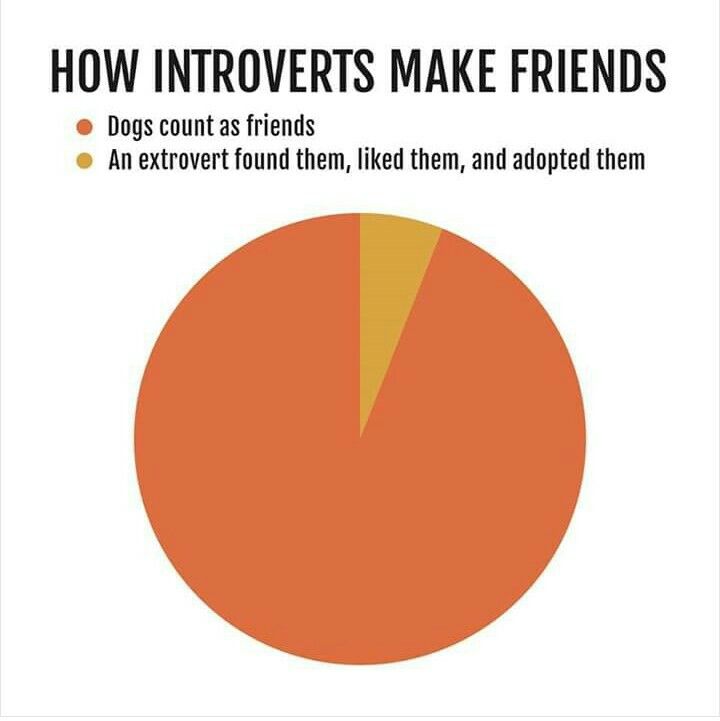 "
"
And, of course, as it should have happened, our introvert at some point became interested in computers. He had no money to buy spare parts for building real computers. At first, he simply designed them on paper - he drew huge circuit diagrams. In this matter, he achieved amazing success: "At that time I was already assembling computers with half the number of chips than manufacturers, but only on paper."
In addition to computers, of course, there were various electronic devices. For example, a device that allows you to make free phone calls. This device generated special service tones used by telephone companies into the handset. Our hero not only designed such a device, called the "blue box", but also set up its production and sale. He also set up his own call-and-hear-a-joke phone service, sort of like bash.im today.
Blue Box / Maksym Kozlenko, Wikimedia Commons After graduation, I worked at Hewlett-Packard designing calculators. In parallel, the hero continued to work on various electronic devices.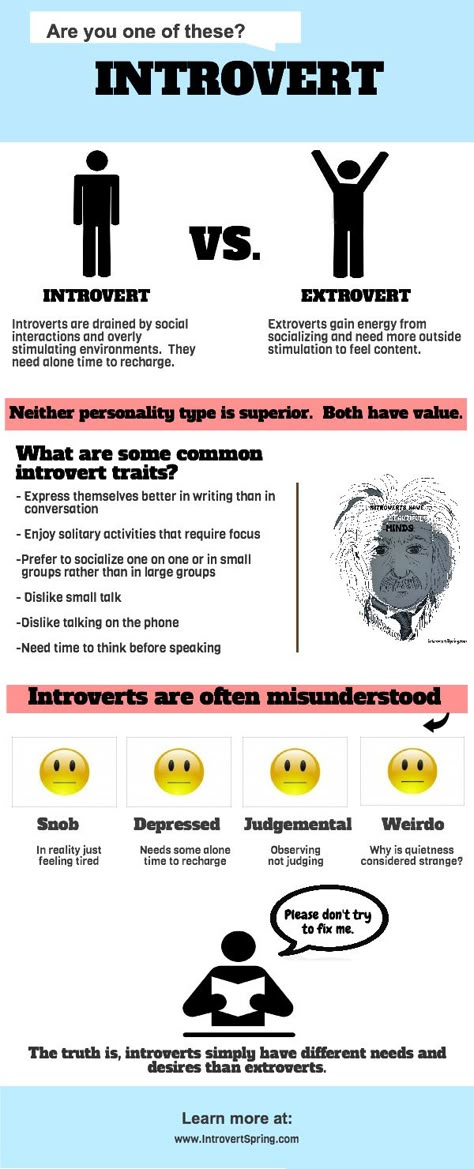 For example, for his version of the game, Pong developed a system for transmitting images to the screen of an ordinary household TV. Introvert number 1 had a terminal emulator, introvert number 2 had a video terminal. It was this video terminal that formed the basis of the main device in the life of our hero. And then there was an unexpected rise to the heights of success with a partner who (super hint) was also called Steve. By the way, our hero number 2 is a philanthropist and finds his popularity very annoying.
For example, for his version of the game, Pong developed a system for transmitting images to the screen of an ordinary household TV. Introvert number 1 had a terminal emulator, introvert number 2 had a video terminal. It was this video terminal that formed the basis of the main device in the life of our hero. And then there was an unexpected rise to the heights of success with a partner who (super hint) was also called Steve. By the way, our hero number 2 is a philanthropist and finds his popularity very annoying.
Here are a few more interesting quotes from the book:
-
“Apparently, fate showed me the right path, and I followed it. I learned not to worry too much about the end result and focus on exactly where I was at the moment and try to do my job flawlessly.
-
“Logic was everything to me. I decided that the main criterion for assessing the human personality was the desire for truth. The calculations carried out by the engineers showed that these people lived in truth.
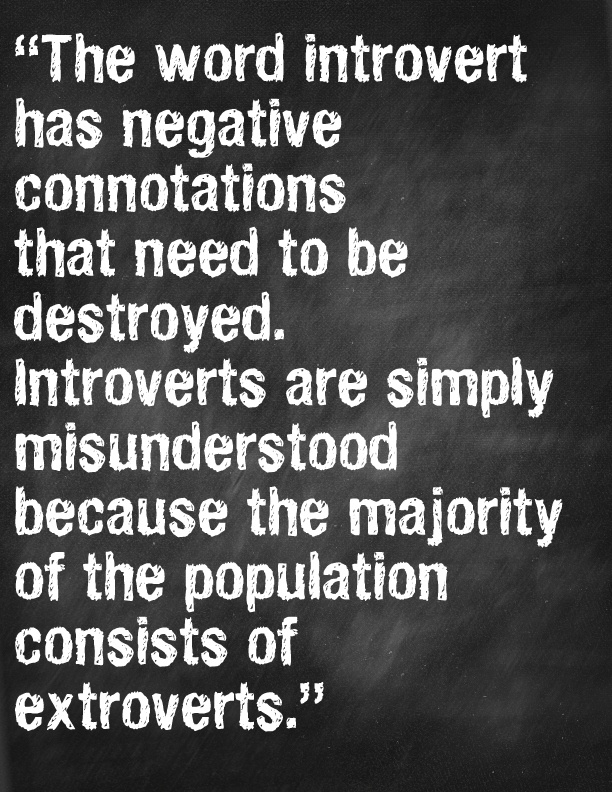 ”
” -
“I see a company as something like a family, a community of close people where everyone cares about each other. I never believed that the essence of work is competition and the poorest, youngest or most recently hired employee should be the first to leave.
-
“I think that happiness is the most important thing in life, those positive feelings. The one who does not particularly bother is always happy. I am just such a person, and I would like to remain so and always wanted to live my life in this way.
-
“If you are that rare engineer who happens to be both an inventor and an artist at the same time, I have some advice for you that can be hard to take. Work alone. When you work for a large, structured company, you have much less freedom to turn smart ideas into new revolutionary products or new features on your own.”
Introvert number 1 is Linus Torvalds, the author of the Linux operating system.